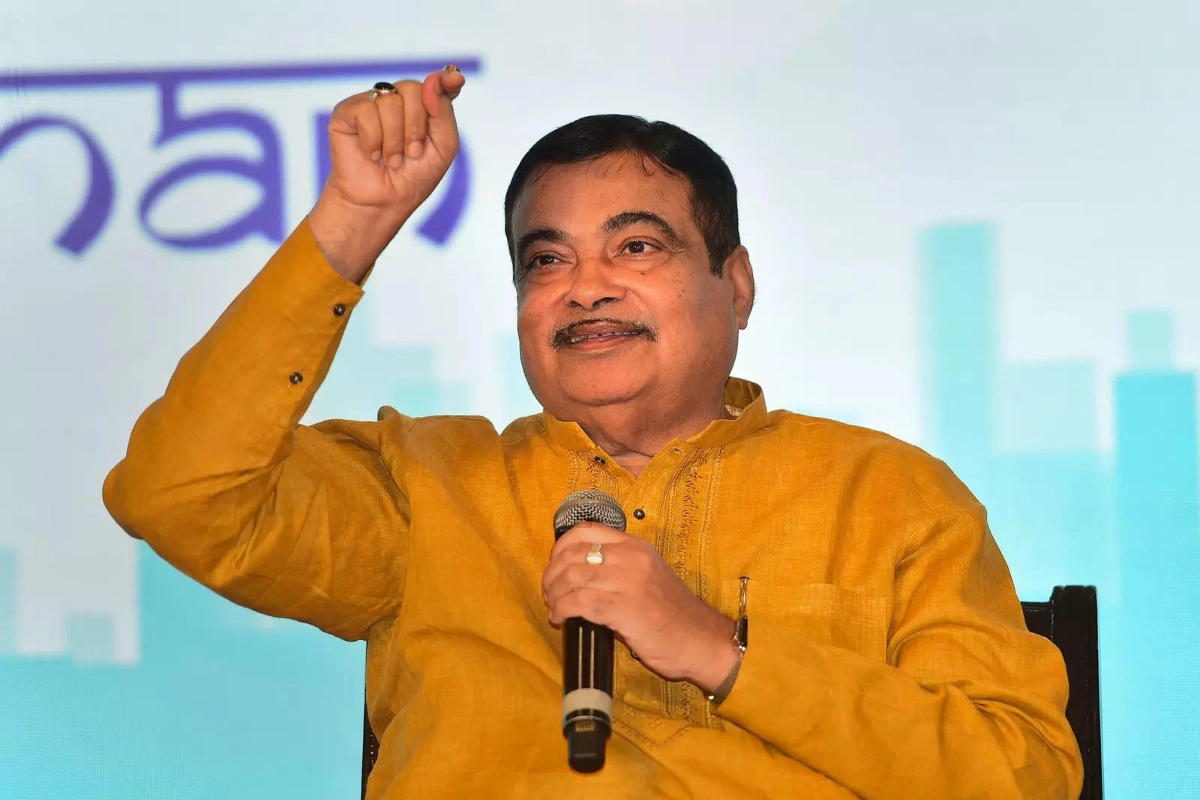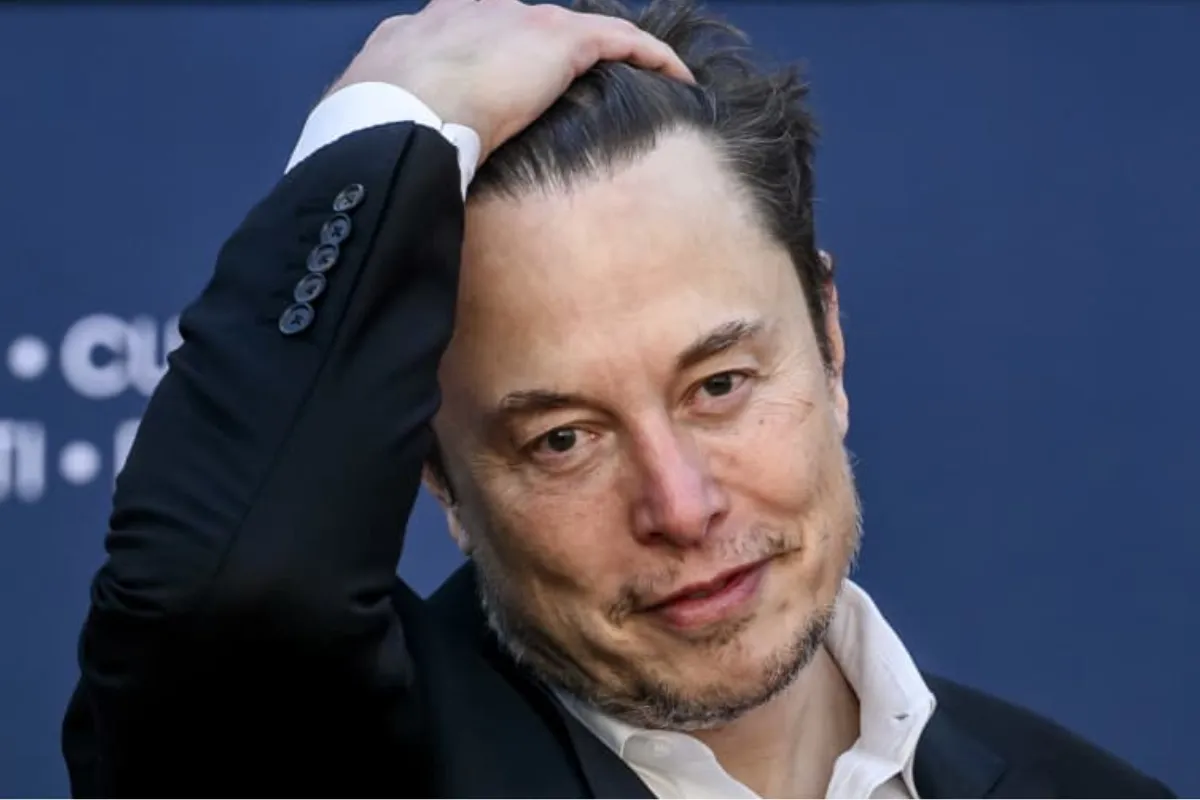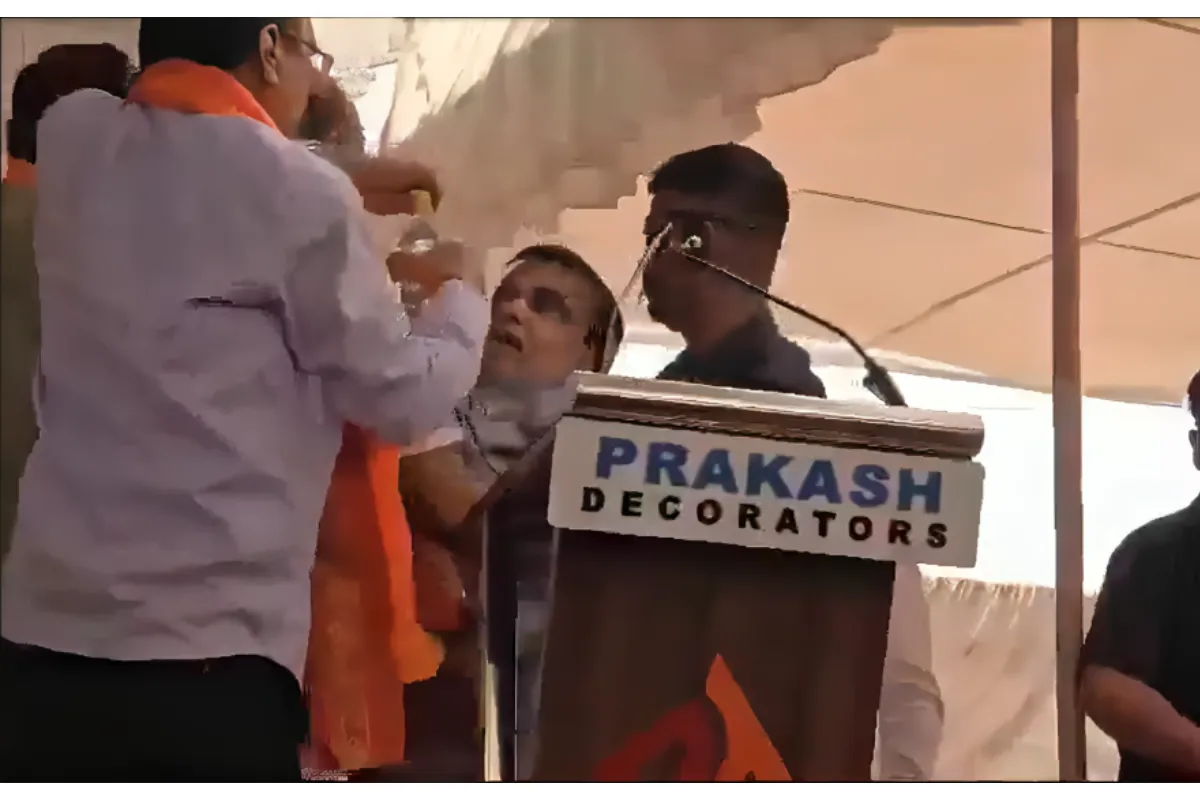Nitin Gadkari: Nitin Gadkari, the Union Minister for Road Transport and Highways, said on Tuesday that India could overtake the United States as the world’s largest auto market in the next five years, thanks to the likely rapid proliferation of electric cars and vehicles powered by “flex-fuel” engines. He was placing a large bet on the potential of green technologies and an unwavering political will to transform and multiply India’s mobility and energy infrastructure.
India surpasses Japan to overtake China and the US
With 4.25 million vehicle sales in 2022, India surpasses Japan to overtake China and the US as the third-largest auto market. The minister reaffirmed that funds are not a barrier for speeding the pace of India’s extensive infrastructure improvement, despite the fact that highway and railway projects are increasingly being funded out of budget.
Infrastructure strategy is becoming more closely tied to the agricultural industry
The minister said in a speech following the presentation of the FE CFO Awards that using the proper inputs, tried-and-true technologies, and creative financing models, like the one developed for the Mumbai-Pune Motorway over 20 years ago, will simultaneously help lower costs and improve the quality and durability of infrastructure. He also emphasised how the infrastructure strategy is becoming more closely tied to the agricultural industry, to the mutual advantage of farmers, developers, and users. He pointed out that the nation’s production of “surplus food grains” and the ensuing storage problems may be used as a chance to increase the development and use of biofuels.
Approximately 95% of the Delhi-Mumbai motorway will be finished by December
The minister claimed that a number of major motorway projects, such as Delhi-Dehradun, Delhi-Amritsar, and Bangalore-Chennai, will significantly reduce travel times, creating competition for the airlines that operate in these regions. Approximately 95% of the Delhi-Mumbai motorway will be finished by December, he continued. Although the National Highways Authority of India (NHAI) has stated that it intends to raise $10,000 crore through Infrastructure Investment Trusts (InvITs) in 2023–2024, the minister stated that investors in these instruments receive an attractive return of 8.05% and added that it is a workable model to encourage retail participation in infrastructure financing. When asked if the additional tax on return on debt capital distributed by InvITs/REITS announced in the FY24 Budget will hinder fund mobilisation through this channel, the minister responded, “The problem has been sorted out,” but he did not provide further details.
NHAI’s debt is 14 times more than it was in FY14
The traditional engineering, procurement, and construction (EPC) contracts and hybrid annuity model (HAM) have been relied upon for a long time, which has had a significant negative impact on the NHAI and, consequently, the government’s financial situation. At over 3.5 trillion, NHAI’s debt is 14 times more than it was in FY14. Given that the organization’s yearly debt servicing costs are already exceeding Rs 32,000 crore, the government has forbidden it from borrowing from the market since the end of the previous fiscal year. By making more revisions to concession agreements and only putting up for bid viable projects with land already secured, the NHAI is working to gradually increase the percentage of the Built Operate Transfer (Toll) model in highway construction to 10% of the total awards. The NHAI wants to build 60% of its roadways using HAM, 30% using EPC, and 10% using BOT (Toll). However, according to a recent ICRA report, EPC will continue to be the primary method of contract awarding in the current fiscal year, accounting for 70–75 percent of all projects offered, while BOT will be less than 5 percent.
Keep watching our YouTube Channel ‘DNP INDIA’. Also, please subscribe and follow us on FACEBOOK, INSTAGRAM, and TWITTER












